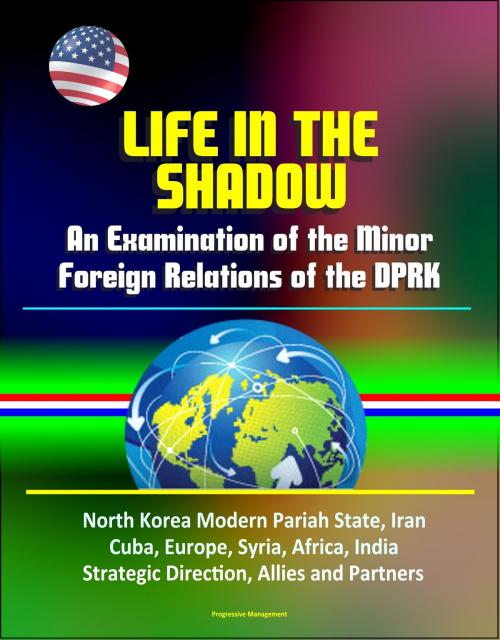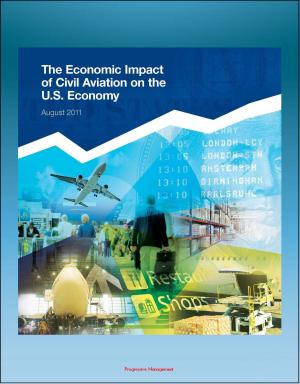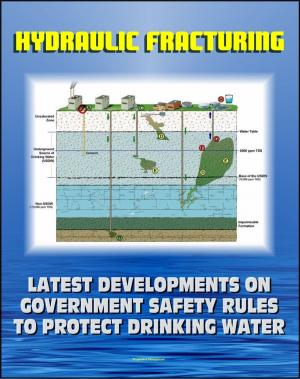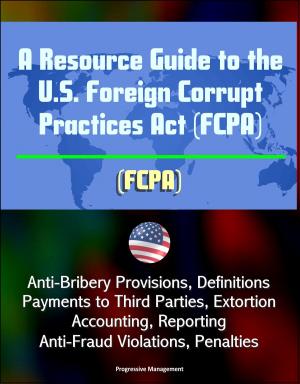Life in the Shadow: An Examination of the Minor Foreign Relations of the DPRK - North Korea Modern Pariah State, Iran, Cuba, Europe, Syria, Africa, India, Strategic Direction, Allies and Partners
Nonfiction, History, Asian, Asia, Social & Cultural Studies, Political Science, International| Author: | Progressive Management | ISBN: | 9781311731609 |
| Publisher: | Progressive Management | Publication: | April 16, 2016 |
| Imprint: | Smashwords Edition | Language: | English |
| Author: | Progressive Management |
| ISBN: | 9781311731609 |
| Publisher: | Progressive Management |
| Publication: | April 16, 2016 |
| Imprint: | Smashwords Edition |
| Language: | English |
This excellent report has been professionally converted for accurate flowing-text e-book format reproduction. At some point, every child is warned to remain mindful of the company kept. The idea behind this age-old admonishment is that people, in the absence of other information, often judge others by those with whom they are associated. Of course, individuals have a range of company they keep. If this range is viewed in a linear manner, it likely spans from bitter enemy to close friend. Where a given relationship falls on this linear scale may indicate a number of things to outsiders. Contained within this admonishment, like most venerable nuggets of wisdom, some element of truth likely exists. If this old adage is accepted, then perhaps it has utility in providing additional information about a state. This type of inquiry may have particular value and is the type of analysis that must be employed when examining an opaque state like the Democratic People's Republic of Korea (DPRK). With a state as closed and as secretive as the DPRK every bit of information that can be gathered is useful to the international community's understanding of this outlier state.
Using this idea as a launching point, this thesis explores the diplomatic relations of the DPRK with an emphasis on the minor diplomatic relations of the state. Minor, for purposes of this thesis, does not speak to durability of the bond between two states. Instead, it simply means those countries with which the DPRK has relations that are not part of what is referred to as the Big Four Plus One (i.e., China, Japan, South Korea, Russia, and the United States). This thesis's core research questions are the following. What common characteristics may be identified in diplomatic relations of the DPRK, with a particular emphasis on its minor relations, and what insights can they offer into the internal and external workings of the state? Based on these insights what can be surmised regarding the strategic direction of the DPRK? Does current DPRK diplomatic outreach predict a more belligerent, defiant North Korea? Or, perhaps, a state becoming a more enmeshed-responsible player in the international system? Are emerging or new allies and partners appearing while other stalwarts of the DPRK state begin to wane?
INTRODUCTION * A. MAJOR RESEARCH QUESTION * B. IMPORTANCE * C. PROBLEMS AND HYPOTHESES * D. LITERATURE REVIEW * E. THESIS OVERVIEW * CHAPTER II * THE EVOLUTION OF DPRK FOREIGN RELATIONS * A. ORIGINS OF THE DPRK STATE * B. DRPK RELATIONS: 1948-PRESENT * 1. 1948-1957: Only Fraternal Bonds Will Do * 2. Late 1950s-1960s: Diplomatic Hedging * 3. 1970s: DPRK's Diplomatic Coming Out * 4. 1980s: Diplomatic Bleakness * 5. 1990s: A New World * 6. 2000-Present: Rapprochement to Modern Pariah State * CHAPTER III * MINOR RELATIONS OF THE DPRK IN THE PRESENT * A. OVERVIEW OF CURRENT MINOR RELATIONS * 1. Americas * a. Cuba * 2. Europe and Central Asia * a. Italy and Germany * 3. Africa and Middle East * a. Democratic Republic of the Congo * b. Iran * c. Syria * 4. South, Southeast, and East Asia * a. India * b. Mongolia * CHAPTER IV * DPRK INTERNATIONAL INSTITUTIONAL PARTICIPATION * A. DPRK INSTITUTIONAL PARTICIPATION 1991-2011 * B. NORTH KOREA IN THE UNITED NATIONS * C. NORTH KOREA AND ASEAN REGIONAL FORUM * CHAPTER V * CONCLUSION * A. OVERVIEW * B. TRENDS * 1. Continuity * 2. Possible Hedging * C. OPPORTUNITIES * D. AREAS FOR FURTHER RESEARCH * LIST OF REFERENCES
This excellent report has been professionally converted for accurate flowing-text e-book format reproduction. At some point, every child is warned to remain mindful of the company kept. The idea behind this age-old admonishment is that people, in the absence of other information, often judge others by those with whom they are associated. Of course, individuals have a range of company they keep. If this range is viewed in a linear manner, it likely spans from bitter enemy to close friend. Where a given relationship falls on this linear scale may indicate a number of things to outsiders. Contained within this admonishment, like most venerable nuggets of wisdom, some element of truth likely exists. If this old adage is accepted, then perhaps it has utility in providing additional information about a state. This type of inquiry may have particular value and is the type of analysis that must be employed when examining an opaque state like the Democratic People's Republic of Korea (DPRK). With a state as closed and as secretive as the DPRK every bit of information that can be gathered is useful to the international community's understanding of this outlier state.
Using this idea as a launching point, this thesis explores the diplomatic relations of the DPRK with an emphasis on the minor diplomatic relations of the state. Minor, for purposes of this thesis, does not speak to durability of the bond between two states. Instead, it simply means those countries with which the DPRK has relations that are not part of what is referred to as the Big Four Plus One (i.e., China, Japan, South Korea, Russia, and the United States). This thesis's core research questions are the following. What common characteristics may be identified in diplomatic relations of the DPRK, with a particular emphasis on its minor relations, and what insights can they offer into the internal and external workings of the state? Based on these insights what can be surmised regarding the strategic direction of the DPRK? Does current DPRK diplomatic outreach predict a more belligerent, defiant North Korea? Or, perhaps, a state becoming a more enmeshed-responsible player in the international system? Are emerging or new allies and partners appearing while other stalwarts of the DPRK state begin to wane?
INTRODUCTION * A. MAJOR RESEARCH QUESTION * B. IMPORTANCE * C. PROBLEMS AND HYPOTHESES * D. LITERATURE REVIEW * E. THESIS OVERVIEW * CHAPTER II * THE EVOLUTION OF DPRK FOREIGN RELATIONS * A. ORIGINS OF THE DPRK STATE * B. DRPK RELATIONS: 1948-PRESENT * 1. 1948-1957: Only Fraternal Bonds Will Do * 2. Late 1950s-1960s: Diplomatic Hedging * 3. 1970s: DPRK's Diplomatic Coming Out * 4. 1980s: Diplomatic Bleakness * 5. 1990s: A New World * 6. 2000-Present: Rapprochement to Modern Pariah State * CHAPTER III * MINOR RELATIONS OF THE DPRK IN THE PRESENT * A. OVERVIEW OF CURRENT MINOR RELATIONS * 1. Americas * a. Cuba * 2. Europe and Central Asia * a. Italy and Germany * 3. Africa and Middle East * a. Democratic Republic of the Congo * b. Iran * c. Syria * 4. South, Southeast, and East Asia * a. India * b. Mongolia * CHAPTER IV * DPRK INTERNATIONAL INSTITUTIONAL PARTICIPATION * A. DPRK INSTITUTIONAL PARTICIPATION 1991-2011 * B. NORTH KOREA IN THE UNITED NATIONS * C. NORTH KOREA AND ASEAN REGIONAL FORUM * CHAPTER V * CONCLUSION * A. OVERVIEW * B. TRENDS * 1. Continuity * 2. Possible Hedging * C. OPPORTUNITIES * D. AREAS FOR FURTHER RESEARCH * LIST OF REFERENCES















